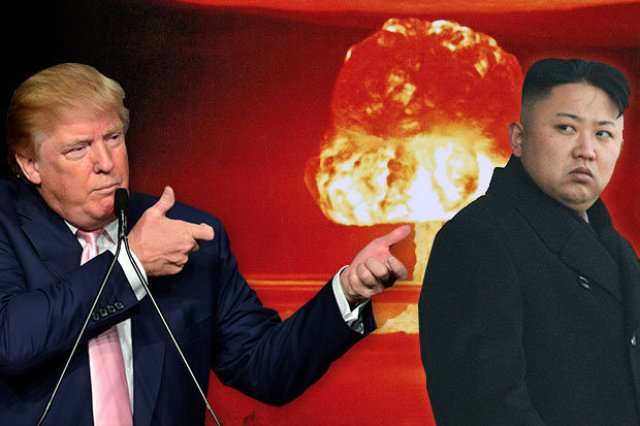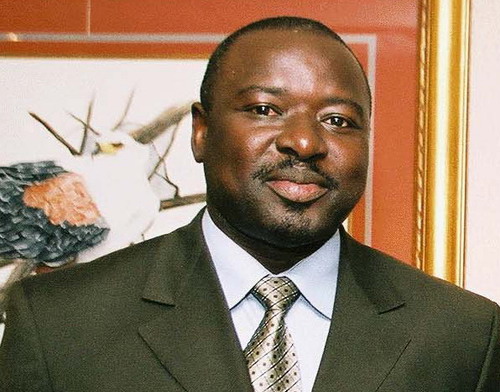
Nuclear Watchdog Says Any US Test Would Be ‘Grave Challenge to Peace’
(May 28, 2020) — The head of the international watchdog monitoring nuclear tests has warned that a US return to testing being contemplated by the Trump administration would present a “grave challenge to global peace and security”.
Lassina Zerbo, the executive secretary of the Comprehensive Nuclear-Test-Ban Treaty Organisation (CTBTO), was responding to the news that staging the first US underground test in 28 years had been discussed at a high-level White House meeting on 15 May.
The idea was shelved for the time being, but appears not to have been rejected outright. Drew Walter, acting deputy assistant secretary of defence for nuclear matters, said this week that an underground nuclear test could be carried out within months “if the president directed”.
Arms control advocates said that the fact such a step was contemplated was disturbing, as it would be likely to lead to a return to nuclear testing by the world’s other nuclear weapons powers, and the demise of the 1996 Comprehensive Nuclear-Test-Ban treaty (CTBT).
Joe Biden told the Nevada Independentthat a US test was “as reckless as it is dangerous”.
“We have not tested a device since 1992; we don’t need to do so now,” Biden said.
Asked about the implications of a US nuclear test, which would be the first since 1992, Zerbo told the Guardian: “For more than 20 years the CTBTO has worked closely with US National Laboratories, which have regularly indicated that there was no need for nuclear testing.
“In general, any actions or activities by any country that violate the international norm against nuclear testing, as underpinned by the CTBT, would constitute a grave challenge to the nuclear non-proliferation and disarmament regime, as well as to global peace and security more broadly.”

Lassina Zerbo, head of body monitoring test ban treaty, responds to White House discussions about potential first US test for 28 years
The US signed the CTBT in 1996 but the Senate voted against ratifying it. The treaty has been signed and ratified by 168 states but it will not come into force until the US, China, Israel and Egypt have ratified it, and it is signed and ratified by India, Pakistan and North Korea.
Meanwhile, the US has observed a voluntary moratorium on tests, as have the UK, France, Russia and China, and the CTBTO preparatory commission was established to set up a network of 300 seismic, hydroacoustic, infrasound and radionuclide sensors around the world, that helped identify nuclear tests by India, Pakistan and North Korea.
Zerbo noted that the US is the biggest financial contributor to the CTBTO and its verification regime.
Over the past year, the US has accused Russia and China of secretly conducting very low-yield tests, an accusation that both countries have denied, and for which the US has yet to provide evidence.
“The CTBTO’s international monitoring system [IMS] has been operating as normal and has not detected any unusual event,” Zerbo said. The IMS, complemented by the national technical means of the states signatories themselves, provides full confidence that the system can detect nuclear test explosions according to the provisions of the treaty.”
He added that the only way to remove all doubts was to bring the CTBT into force.
“At that point, the provisions for on-site inspections would come into effect, allowing for on-site visits at short notice if requested by any state party.”
Posted in accordance with Title 17, Section 107, US Code, for noncommercial, educational purposes.